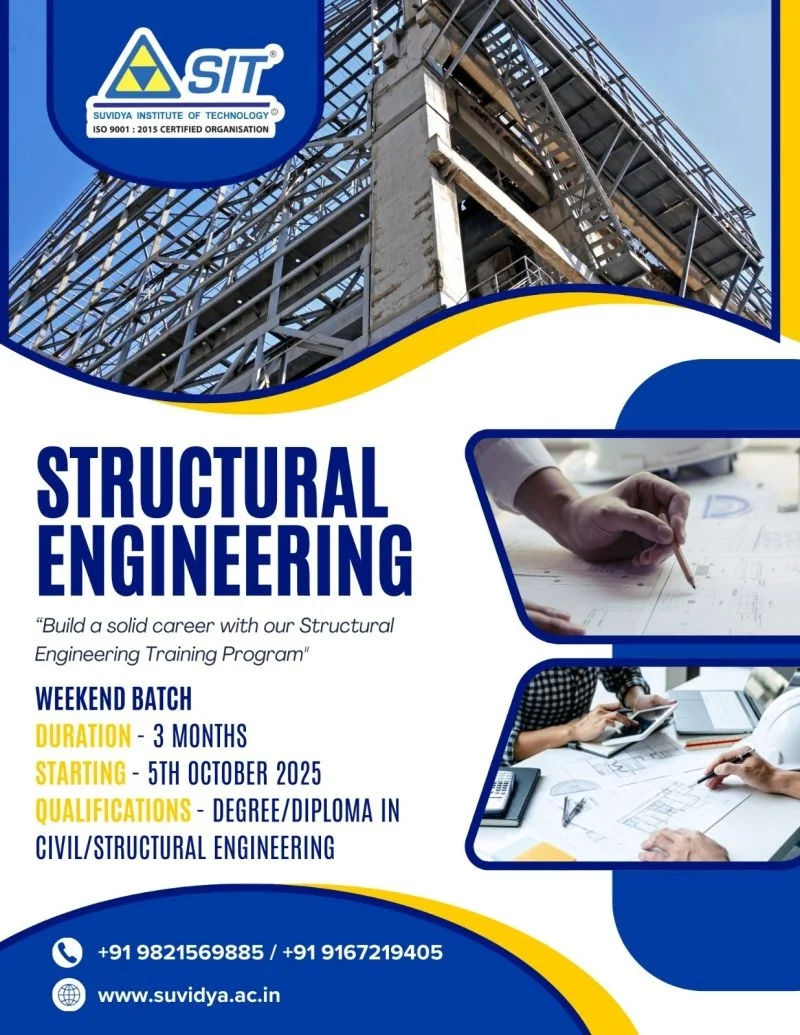The offshore engineering domain—spanning oil & gas platforms, floating production systems, subsea pipelines, drilling rigs, and marine operations—is one of the most technically demanding, globally relevant, and career-rich sectors in the engineering industry. Recognising the growing demand for professionals equipped to work in this environment, SIT offers the Fundamentals of Offshore programme to build foundational knowledge, practical skills and industry readiness.
Why This Training Matters
Offshore structures and operations combine mechanical, structural, process, marine and environmental engineering challenges. Whether it’s designing a platform to resist wave forces, laying a subsea pipeline, or managing an offshore drilling rig’s complex workflows, the skills required are multidisciplinary and specialised. A programme such as this gives participants the ability to understand the “big picture” of offshore operations—how rigs, platforms, pipelines, subsea systems and marine logistics come together—and thus makes them more capable, employable and confident in offshore‐engineering roles.
Who Should Enrol
The programme is ideal for engineers, diploma holders or technical professionals from mechanical, civil, structural, marine, production or process backgrounds who aspire to enter or grow within the offshore/oil & gas industry. Whether you are a fresh graduate looking for a career entry point into offshore engineering or an experienced engineer seeking to broaden your skill set into marine/offshore domains, this training offers a strong stepping stone.
What You Will Learn
The Fundamentals of Offshore programme covers a wide range of thematic modules designed to build both theory and practice:
-
Introduction to upstream oil & gas industry: exploration, production, types of drilling rigs (jack-up, semi-submersible, drill ship), fixed and floating platforms, FPSOs.
-
Material transport, pipeline systems: subsea, buried and surface pipelines—laying methods, codes, alignment sheets and constraints.
-
Offshore platform design: fixed vs floating, layout planning, deck levels (cellar, main, mezzanine, helideck), equipment placement, maintenance & safety zones.
-
Drilling systems and subsea infrastructure: well heads, injection wells, Christmas trees, subsea piping, interfaces between departments and operations.
-
Marine operations and logistics: offshore supply vessels, rig moving, installation, commissioning, environmental challenges (waves, wind, tides, currents).
-
Safety, codes and regulations: offshore safety culture, equipment and process standards, marine/rig regulations, environment & sustainability concerns.
-
Practical exposure: software tools (for layout, stress, piping), case studies and simulations of offshore systems, real-world scenarios to link classroom to field.
Benefits & Career Outcomes
On completing this programme, participants will have:
-
A sound understanding of offshore design topology, platform types, drilling systems, pipeline systems and marine logistics.
-
Familiarity with relevant industry standards, interface challenges, safety and operational constraints in offshore settings.
-
Improved readiness for roles such as Offshore Engineer (Mechanical/Structural), Junior Piping/Process Engineer (Offshore Projects), Marine Equipments Coordinator or Offshore Design Support.
-
Greater confidence to engage in multidisciplinary teams, work with cross-discipline inputs (structural, mechanical, process, marine) and adapt to EPC (Engineering, Procurement & Construction) environments.
Why Choose Suvidya Institute of Technology
SIT stands out for its industry-oriented training approach: the programme is aligned with current engineering practices, delivered by experienced trainers, and emphasises practical assignments and real‐life relevance. The institute’s environment supports upskilling in complex engineering domains like offshore, which are demanding but also rich in opportunity for those who are prepared.
Final Thoughts
If you’re ready to step into the dynamic and challenging world of offshore engineering—where design, installation, maintenance, safety and marine operations converge—the Fundamentals of Offshore programme at Suvidya Institute of Technology offers exactly what you need. It’s not just training—it’s preparation for working in one of the most exciting engineering arenas of today.




